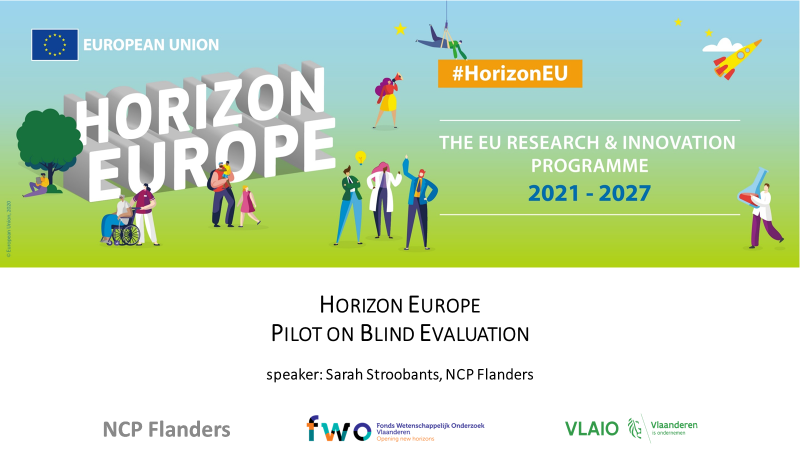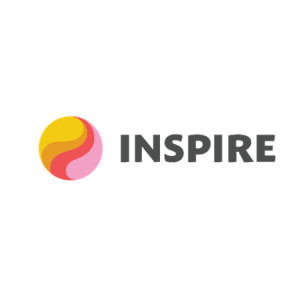 \
&
Contact us
\
&
Contact us
 \
&
Contact us
\
&
Contact us

Pick a topic from the menu to get started.
With the blind evaluation pilot, the Commission wants to tackle concerns of any real or perceived effect of reputational bias that could subvert the awarding decision. Blind evaluation therefore requires that evaluators do not know the consortium and the applicants involved. As a consequence, applicants need to make the necessary adjustments when writing their proposals. To bring clarity about what is expected of applicants, NCP Flanders organised a webinar which took place on 15 June 2023.
Pick a topic from the menu to get started.

Funded by Horizon Europe, under call topic HORIZON-WIDERA-2021-ERA-01-80, INSPIRE is Europe's Centre of Excellence on inclusive gender equality in research and innovation. It relies on four Knowledge and Support Hubs to create knowledge in the areas of sustaining change, widening participation, intersectionality and innovation. Moreover, it supports stakeholders in their journey to become more inclusive through 12 Communities of Practice. In this way, INSPIRE aims to develop both cutting-edge knowledge and innovative strategies for gender equality in the European Research Area. INSPIRE brings together 14 partners. The Belgian partner in this project is UHasselt.